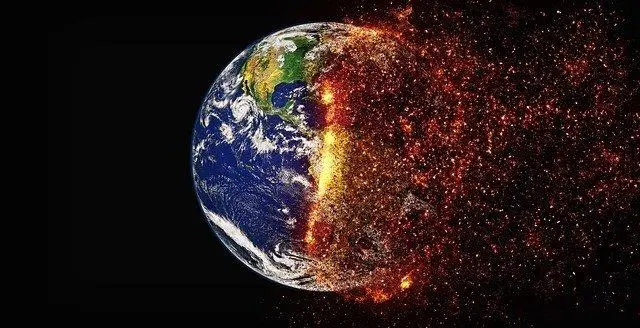Every day, we become more aware of the speed at which the climate is disturbed, the depth of the disturbances and the progressively irreversible nature of the latter. And we understand that the energy community will be a strong contributor to the fight against this climate change. Almost all energy stakeholders have clearly identified it as an essential part of their agenda.
But we are too slow. The energy players are starting to move or have started recently, and their results are still too limited.
In the face of observed evolutions and associated threats, what is our real speed of reaction? How did the world of energy organize itself to act? Can we consider that the world of energy today has an appropriate answer? Is it in working order?
Asking these questions is not meant to create any guilt. During my assignments, I have the opportunity to “travel” through the world of energy, to meet a multitude of different actors:
- Those who deny the impact of human activities on the climate or the usefulness of a quick and adapted response. Fortunately, they are rare.
- Those, photographers, journalists, ordinary citizen witnesses, who alert the world, and the world of energy in particular, to the urgency to act. They deliver observations and testimonials about the effects of climate change.
- Those, NGOs, associations, who campaign fiercely for the world to react to these alerts, against excesses or against possible errors. They campaign against nuclear energy, against shale gas exploitation or against the deployment of smart meters. Their point of view is intentional and does not always accommodate the necessary compromises.
- Those, universities, laboratories, consultants who study to understand what is happening and try to inform future initiatives.
- Those, consultants, researchers, who enlighten the way by anticipating the effects of the modes and evolutions
- Those who build scenarios so that the actors have a more relevant regulatory framework.
- Those, unions, associations, which protect the interests of professions threatened with strong evolutions and ensure regulatory lobbying in this direction.
All contribute to putting the energy ecosystem in tension, boiling and trying to show the direction to follow.
But few actors contribute to really structuring and accelerating the individual and collective action of the actors of energy.
- Few support these actors to build business strategies that can be developed in such a changing and uncertain environment, having already taken into account the major disruptions that can occur in order to increase the “agility” of the players.
- Few contribute to a consistent and global understanding of the issues
- Few contribute to reinforce the dialogue between actors whose interaction will have to evolve (DSOs and TSOs, DSOs and cities)
- Few contribute to a faster systemic evolution while the existence of platforms favors exchanges between the widest possible actors and a faster progression by removing certain fears and certain hurdles.
These actors of a new type have a transverse vision and must not have sectoral interests; they will be the pillars on which will rest policy makers who have to be more voluntarist than today.
These are the main challenges to address so that we can, at the level of the energy sector, contribute to really and durably limit climate change. It is also the main axis that I develop within my company.
Read other articles of the same author by visiting www.smartcitiesbymachnteam.com



Leave your comments
Post comment as a guest